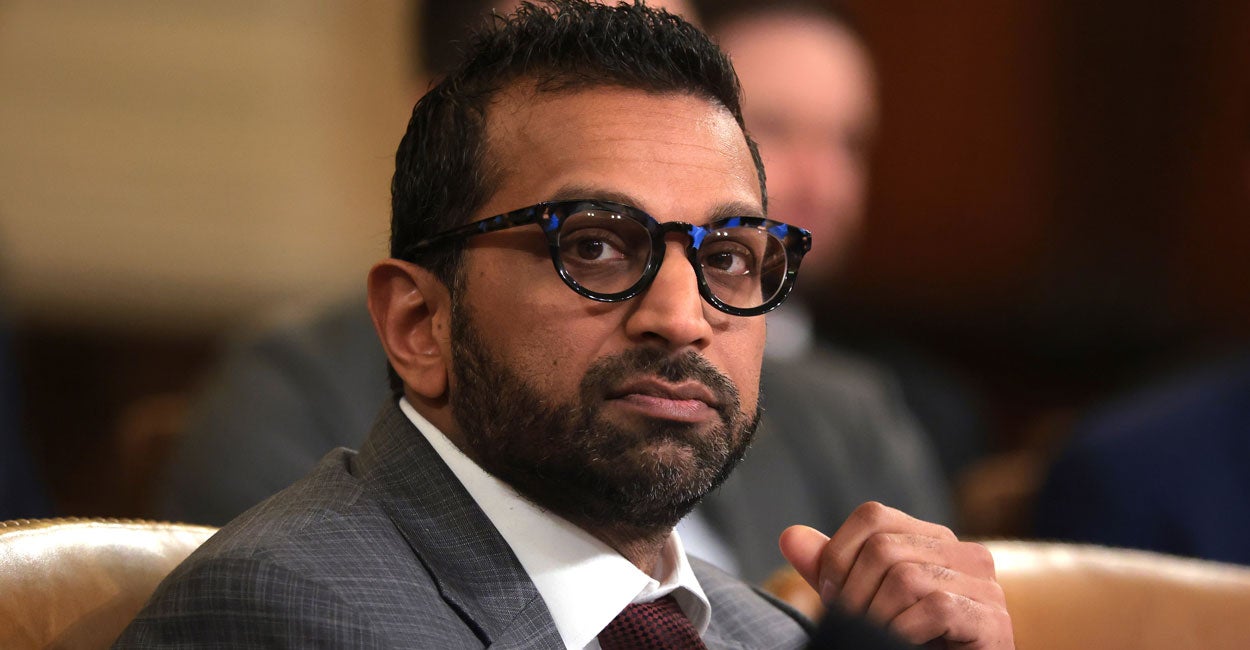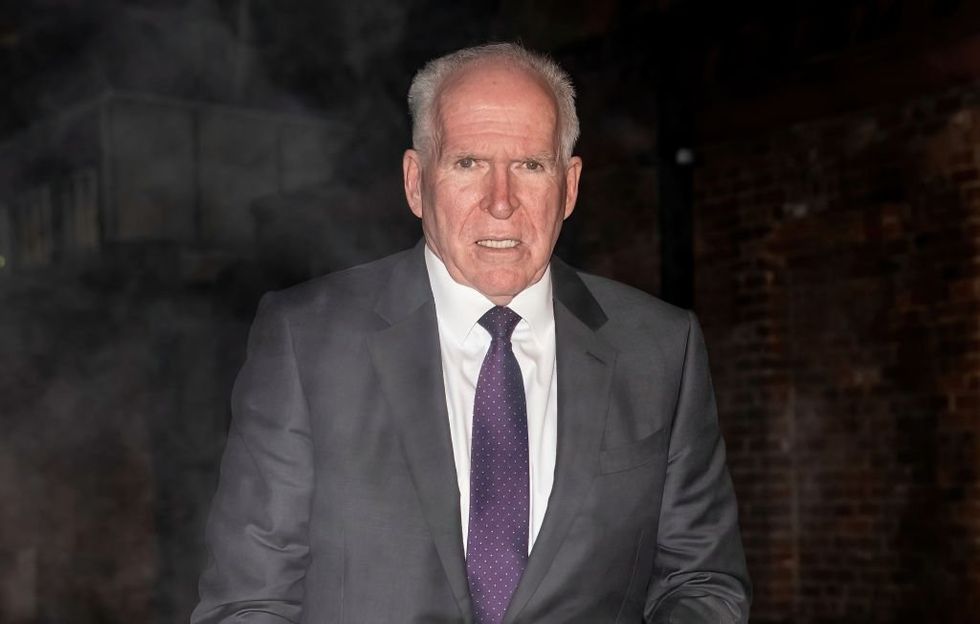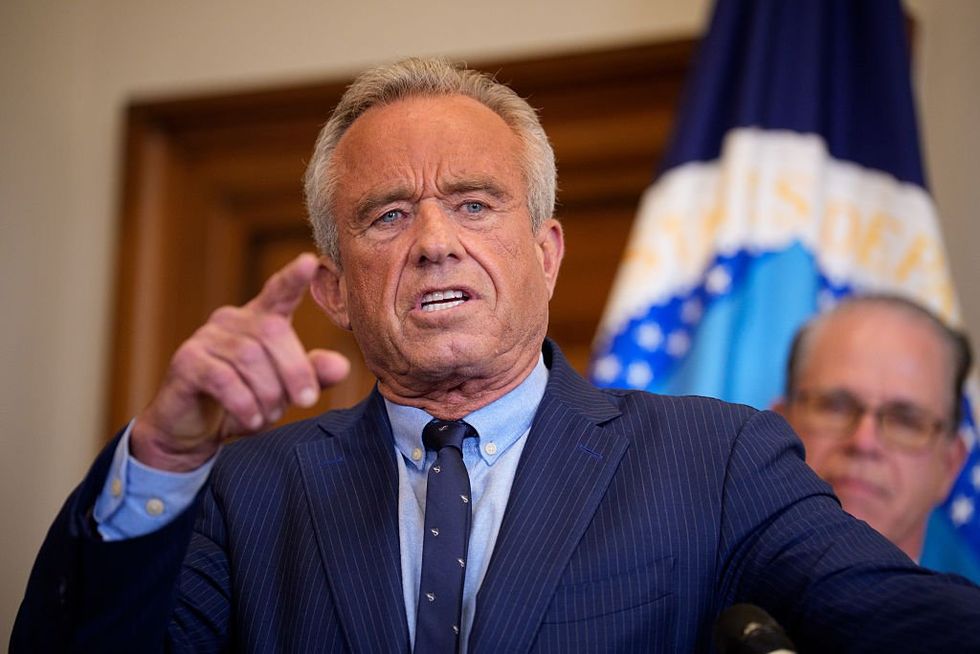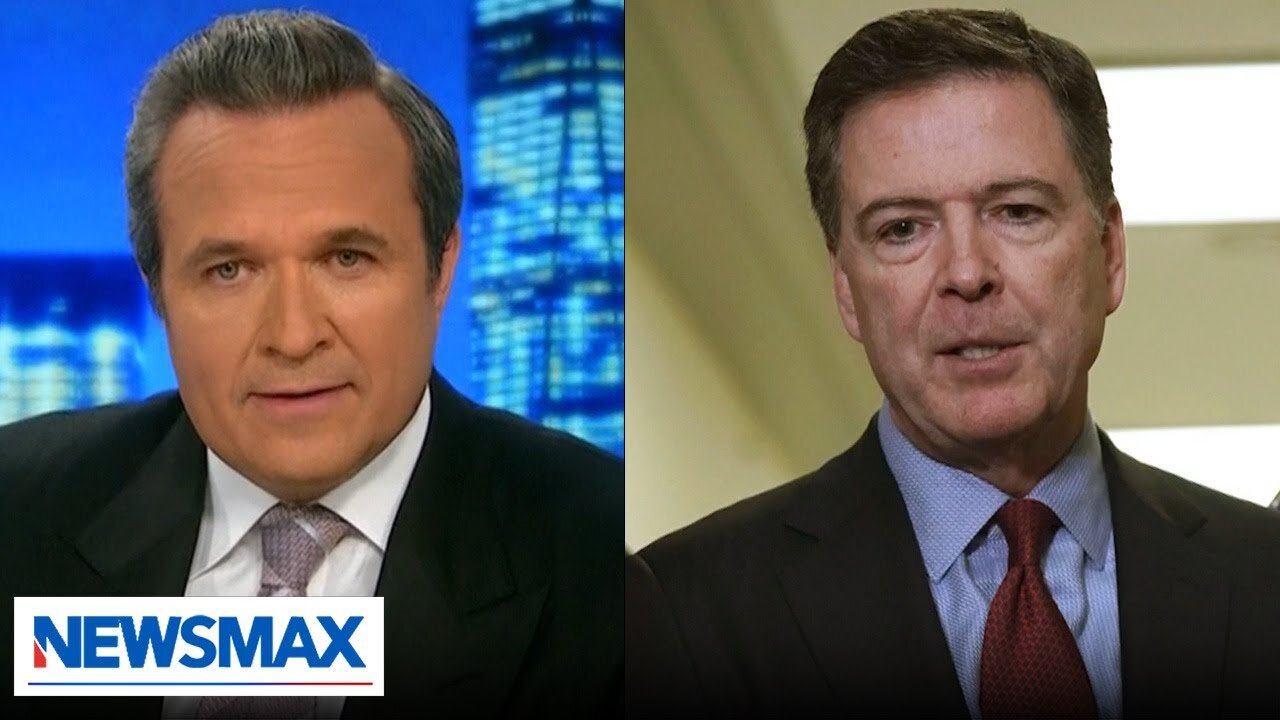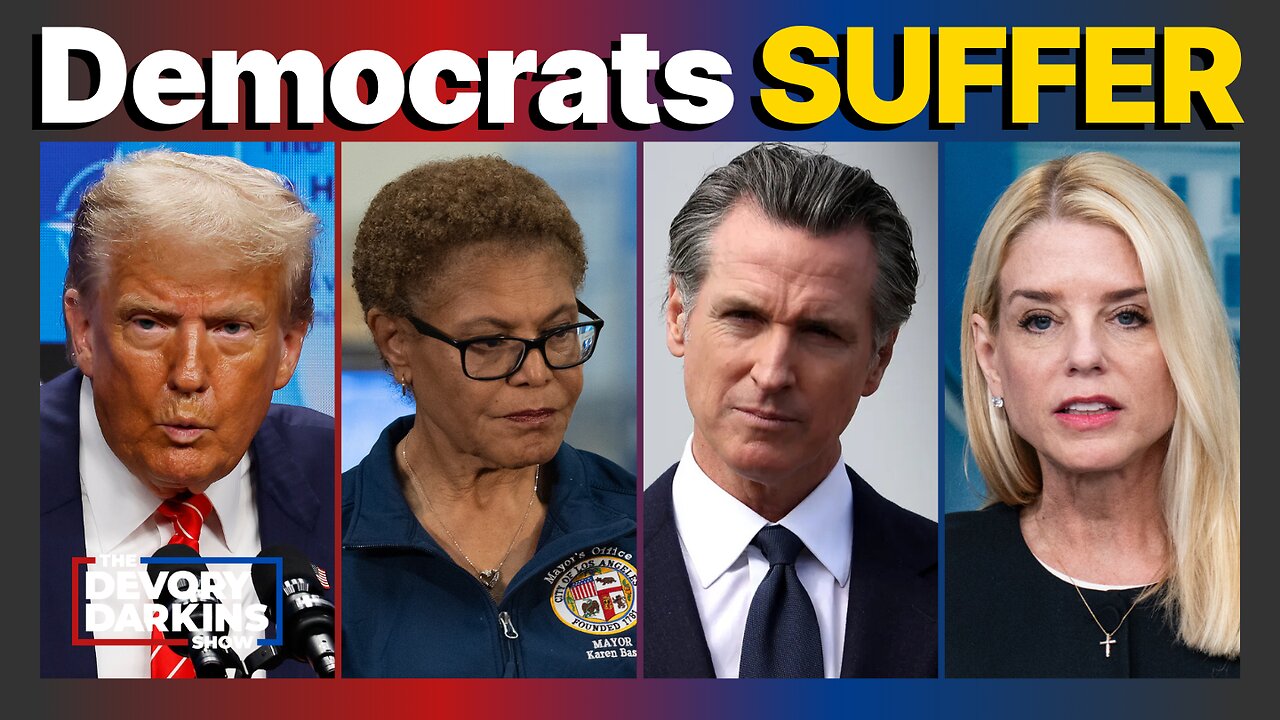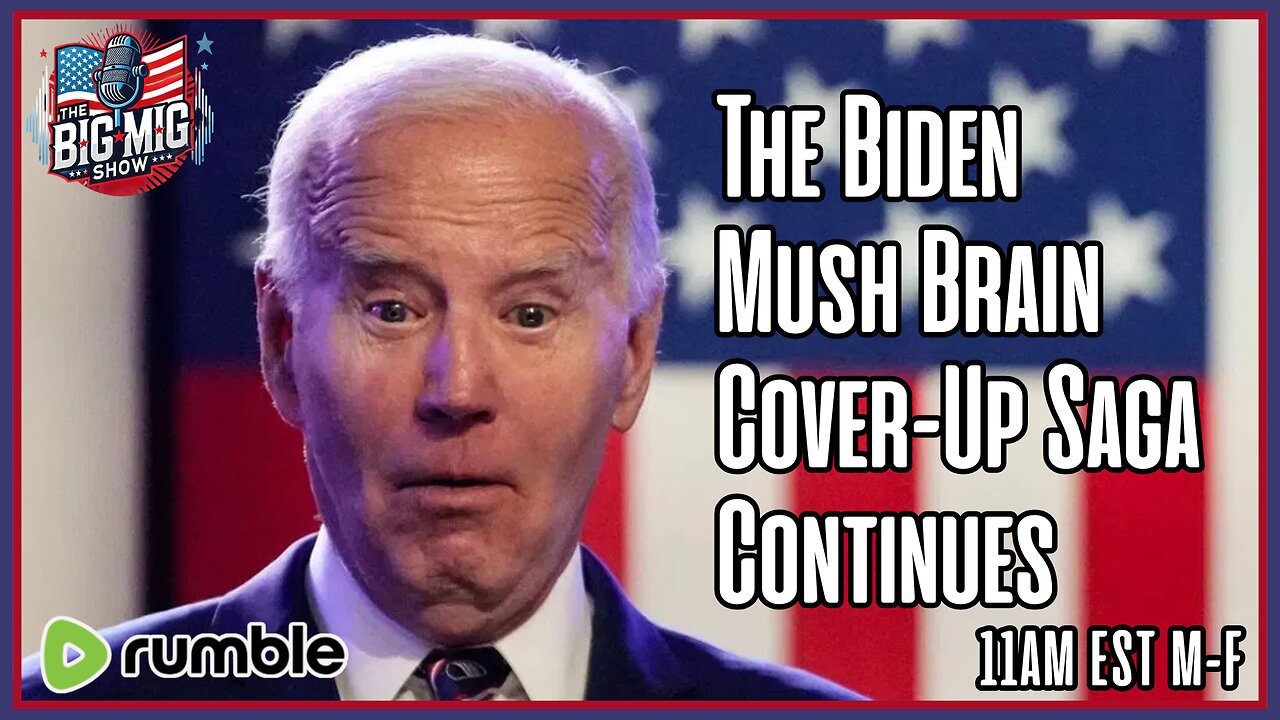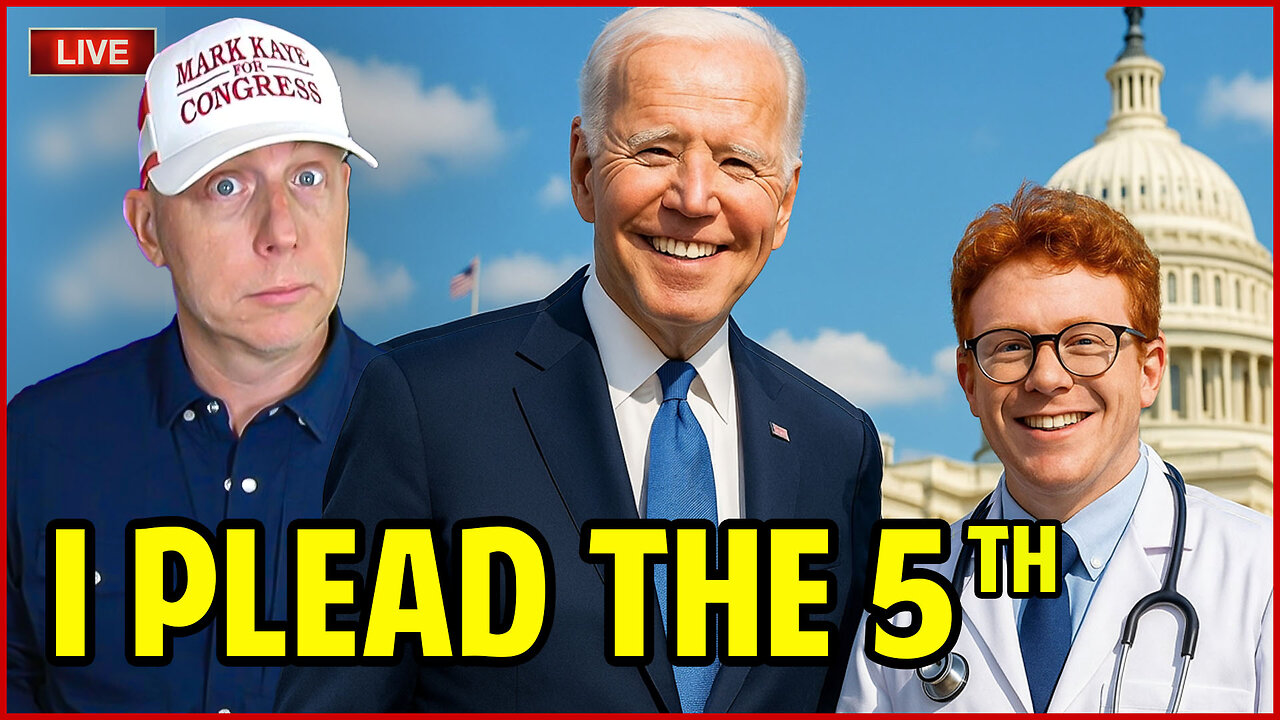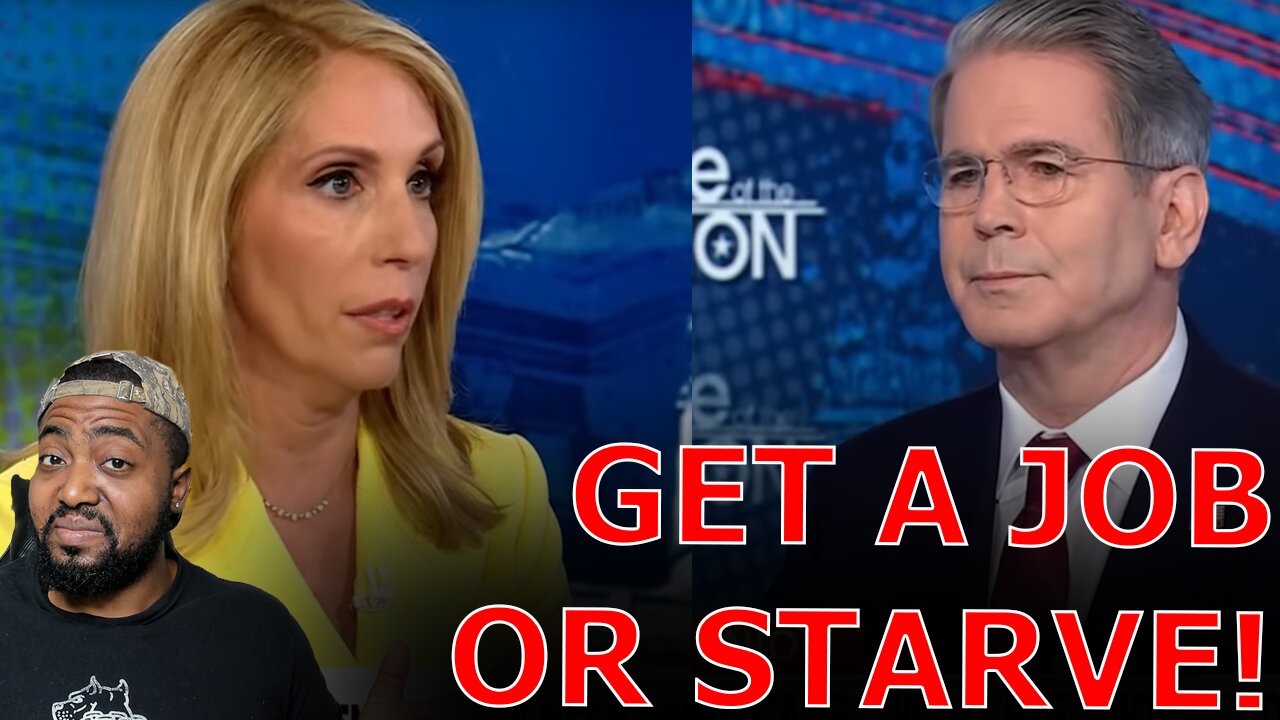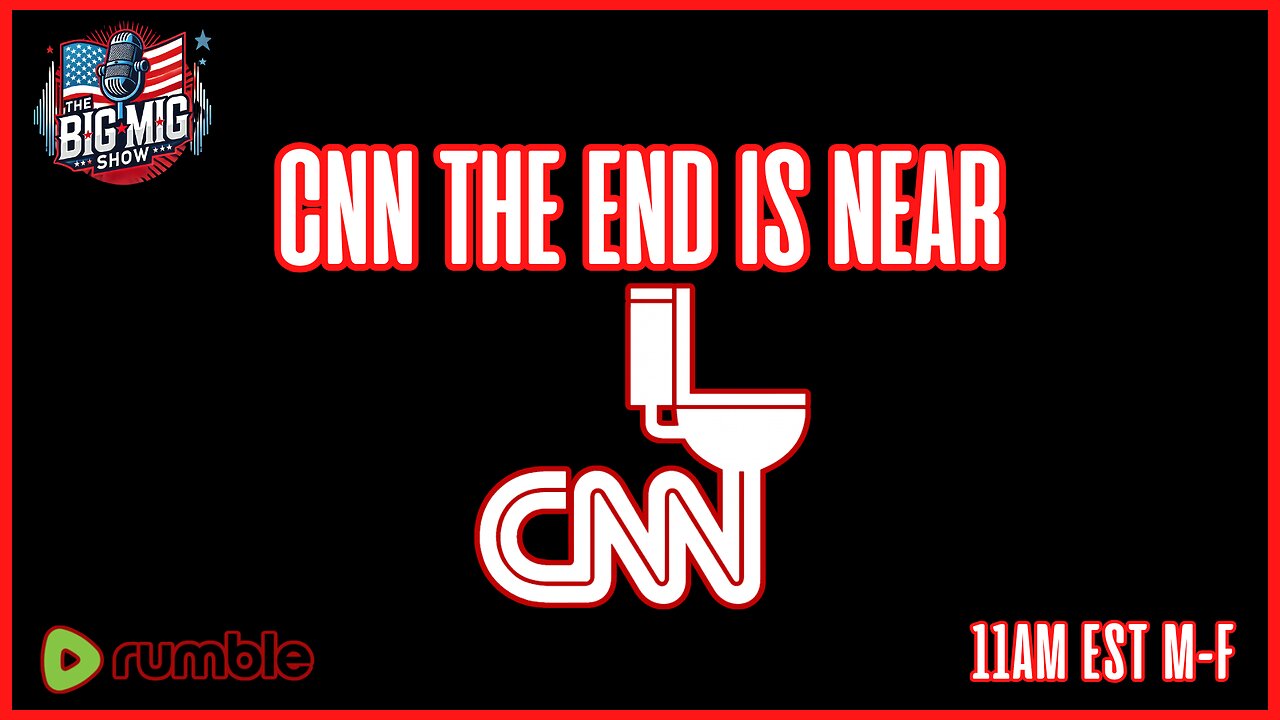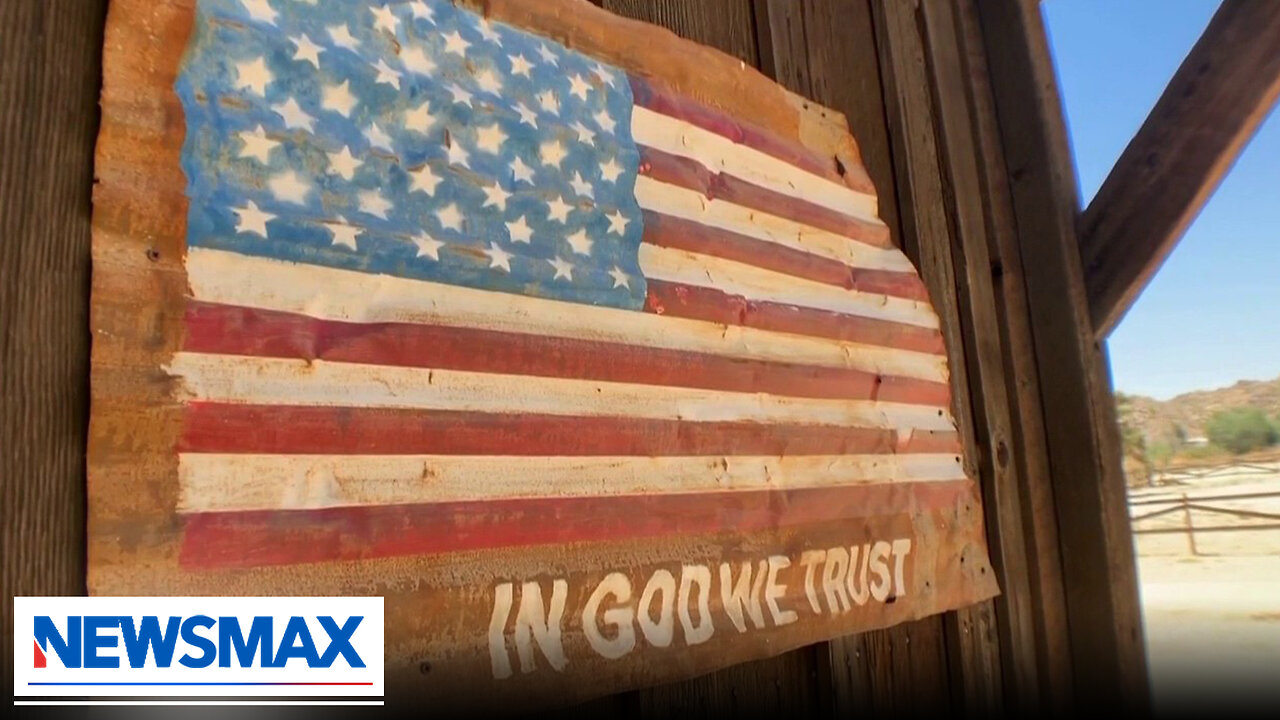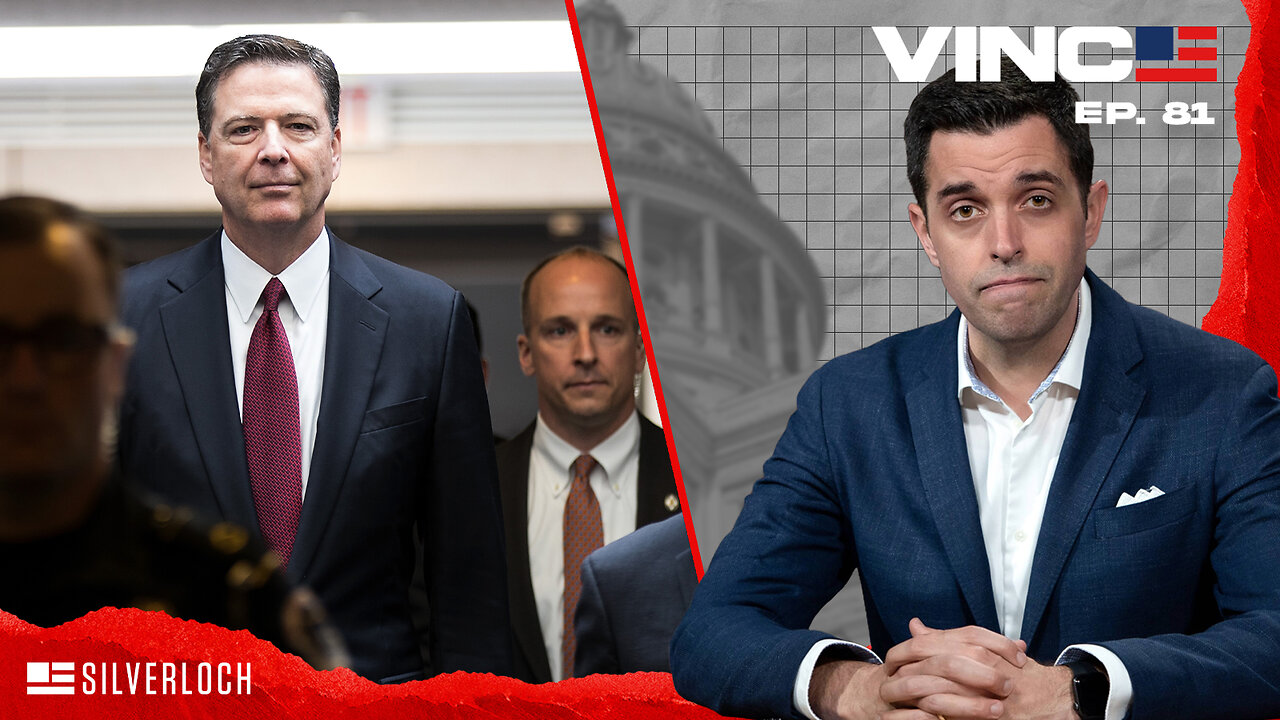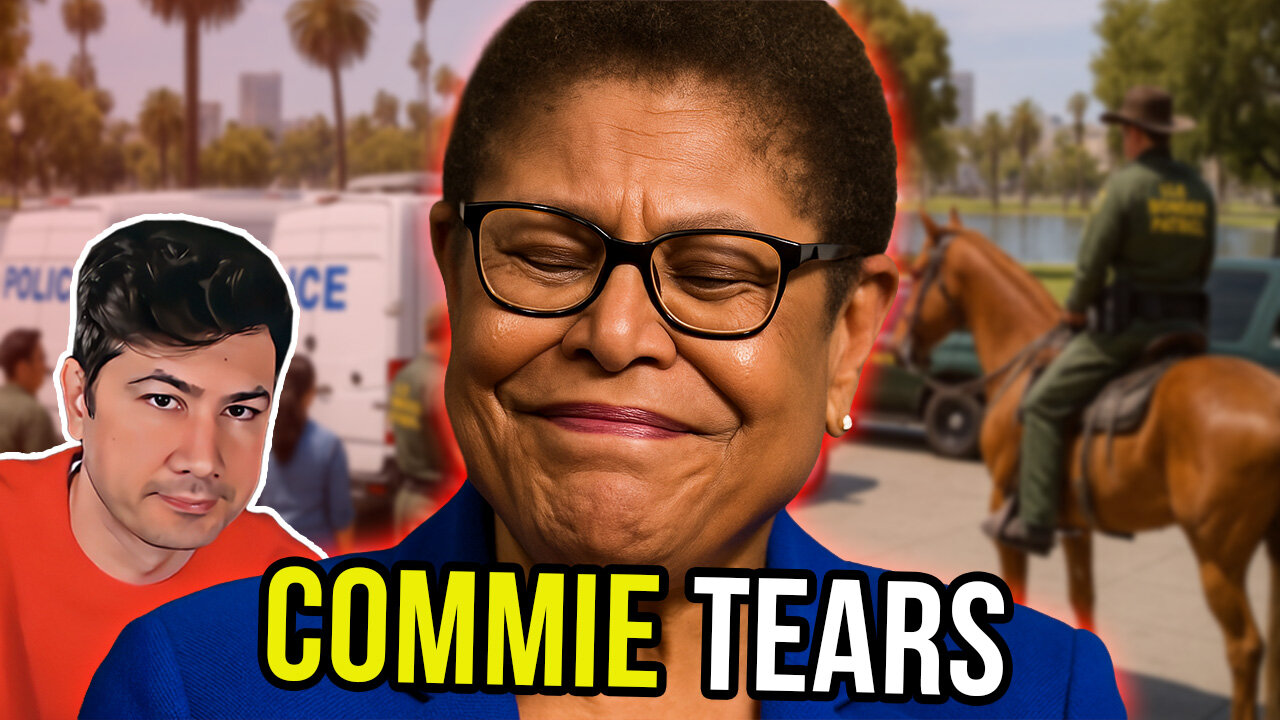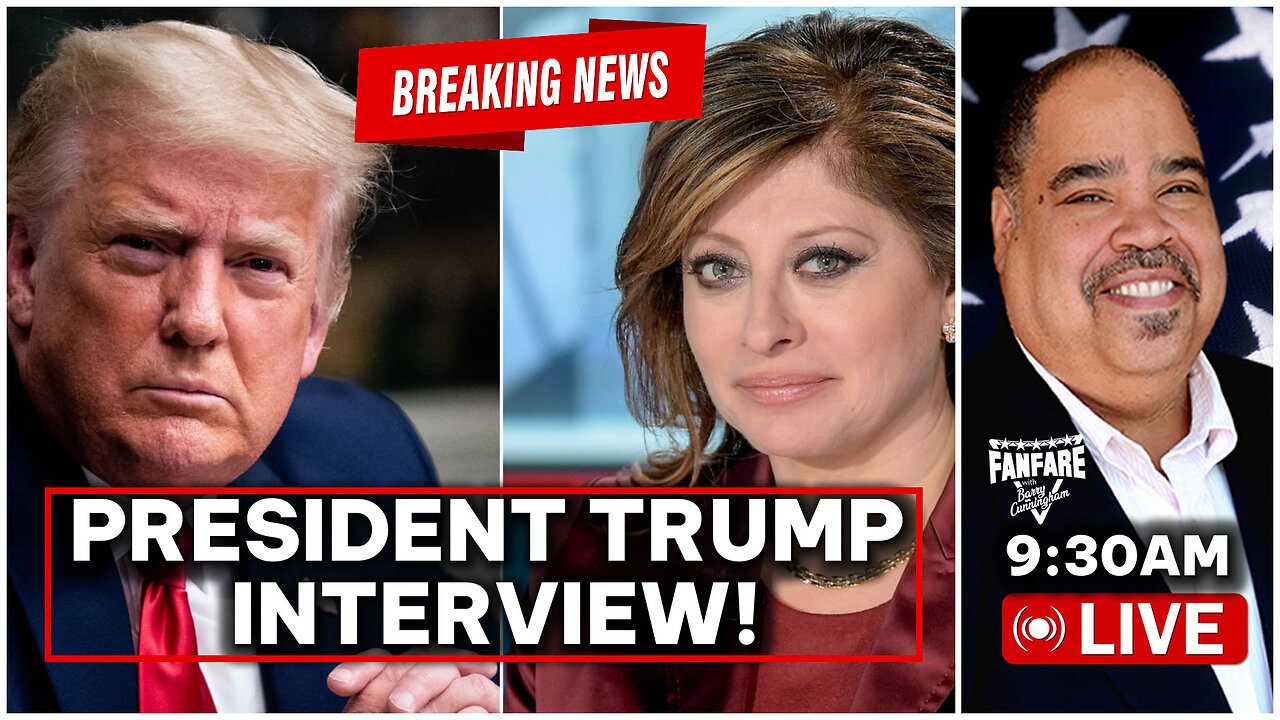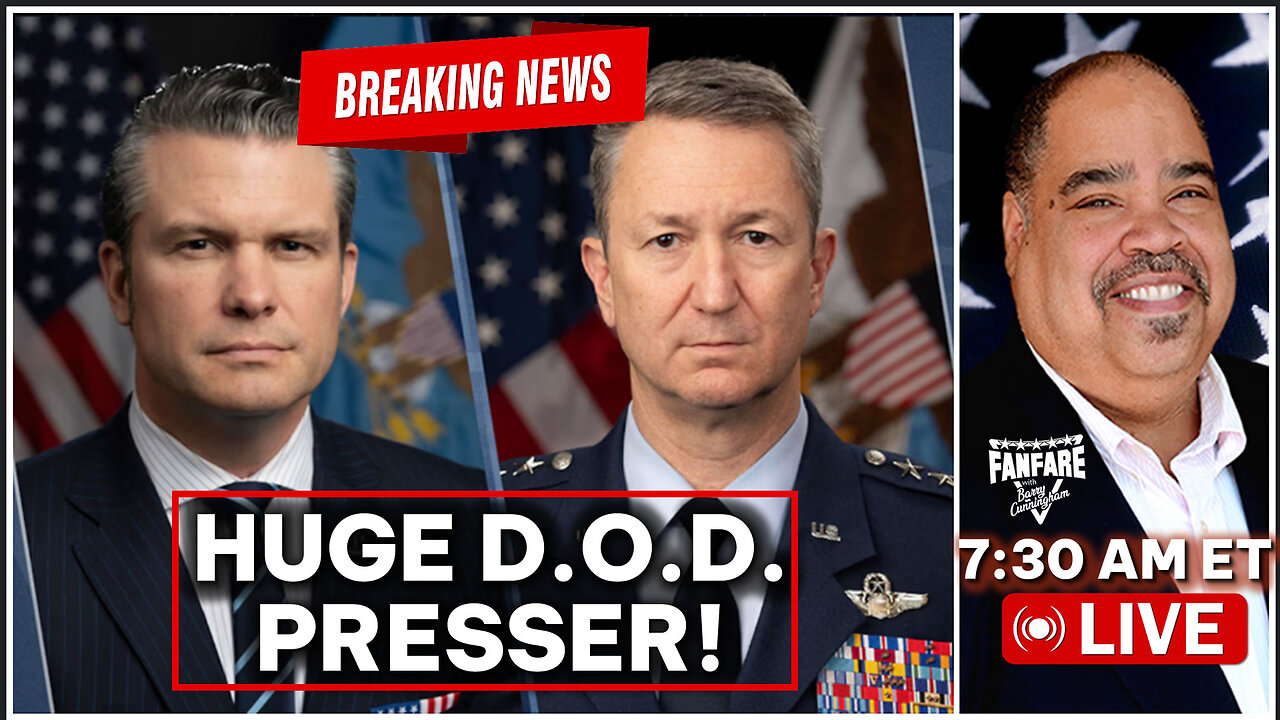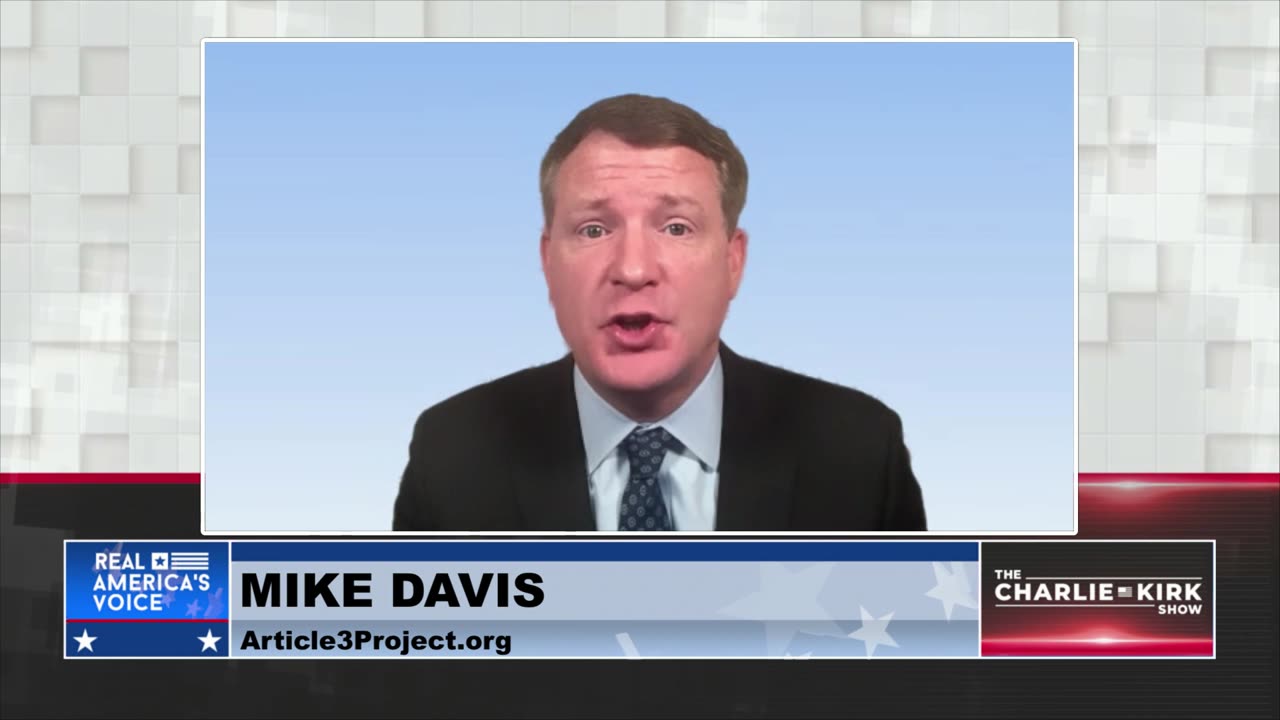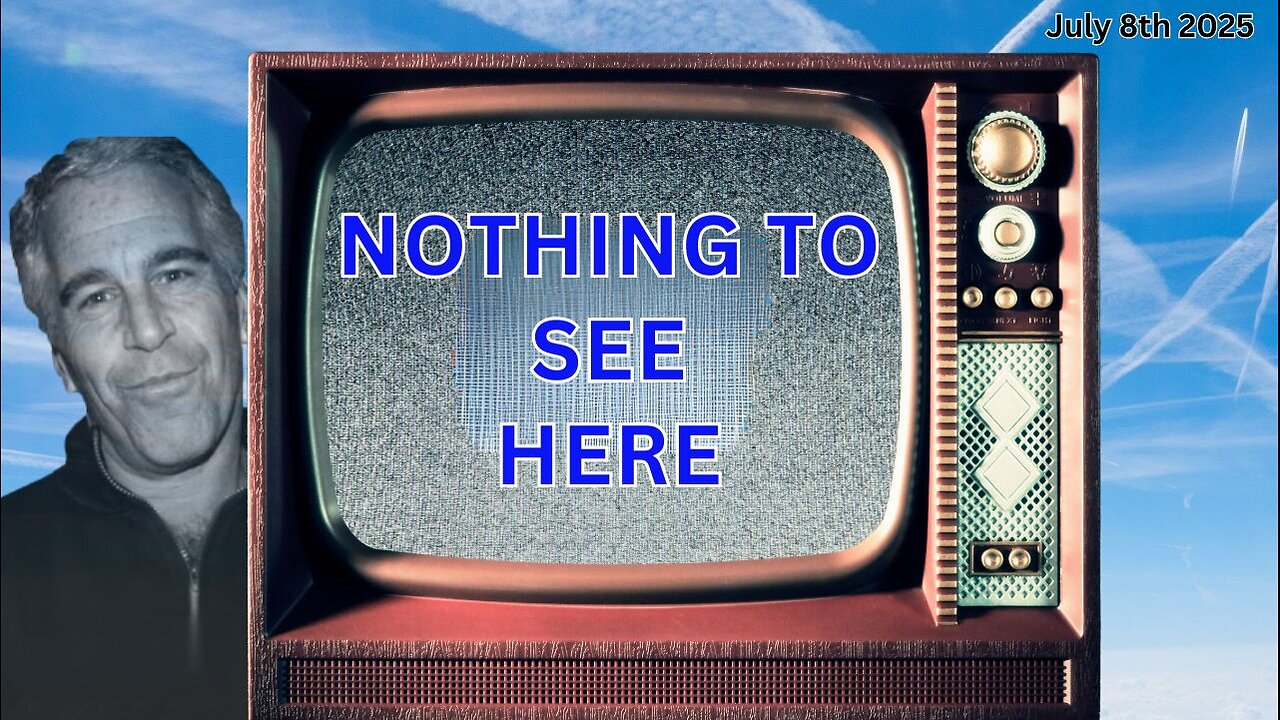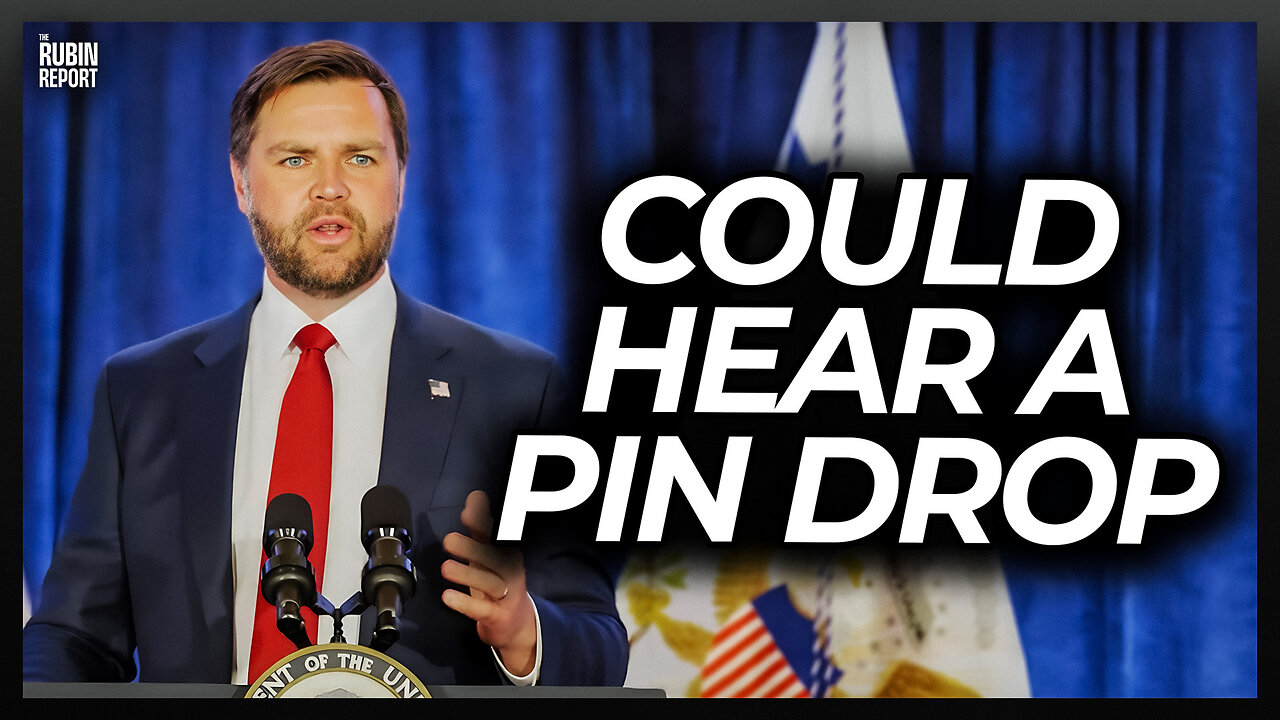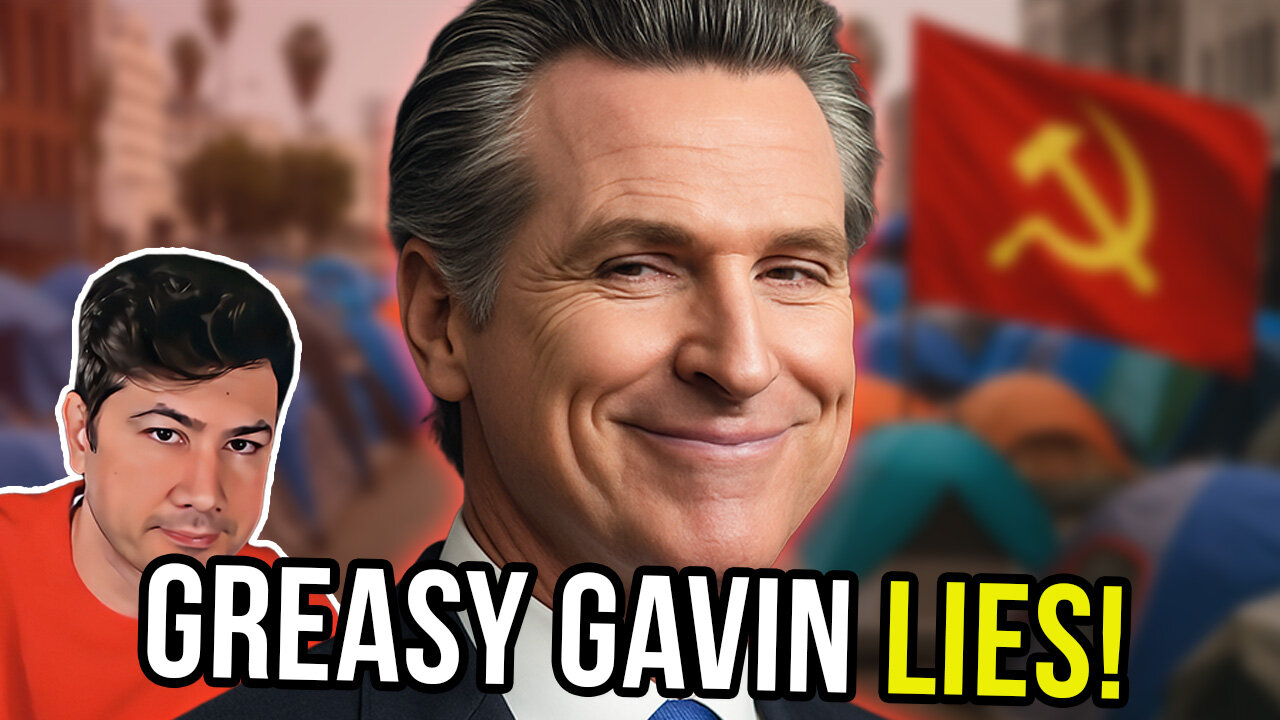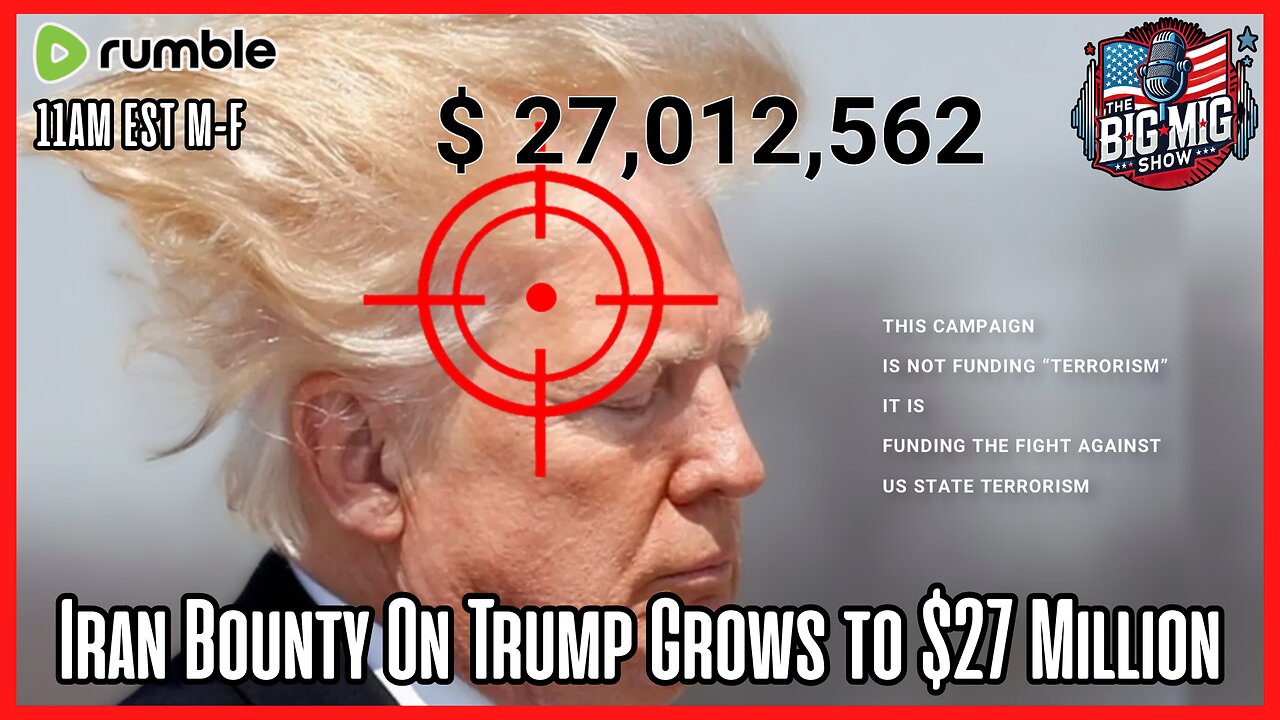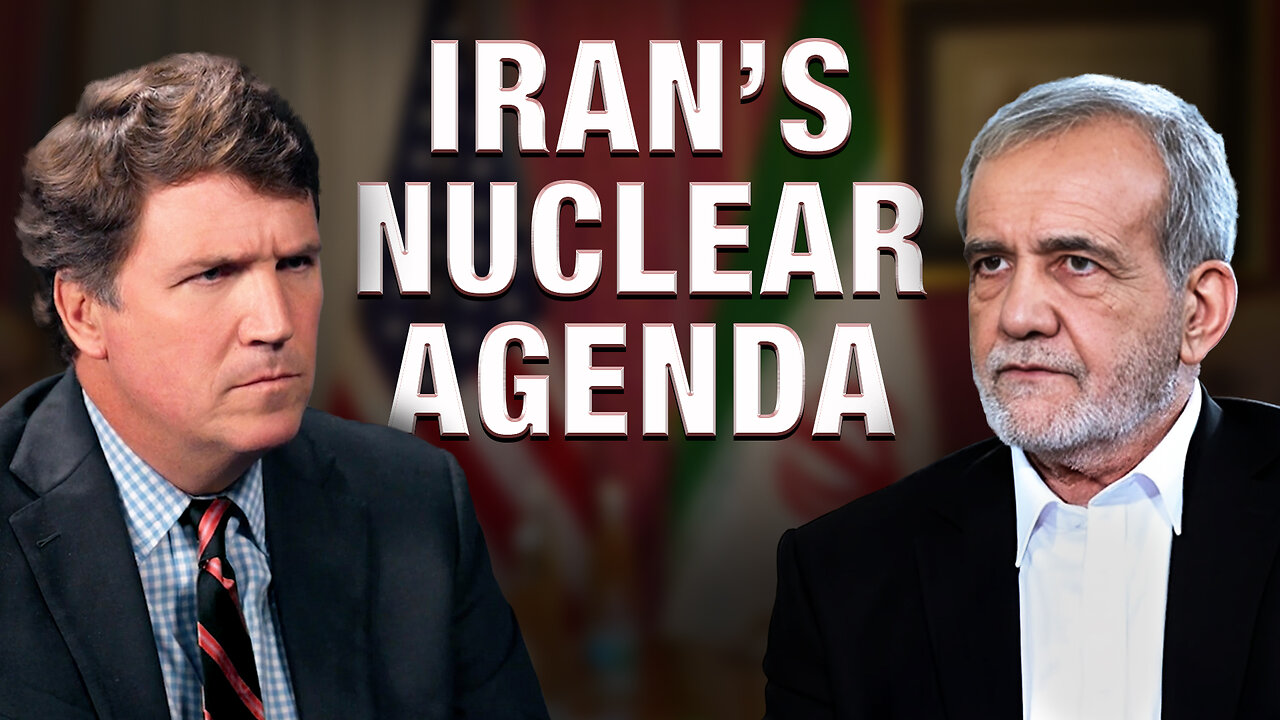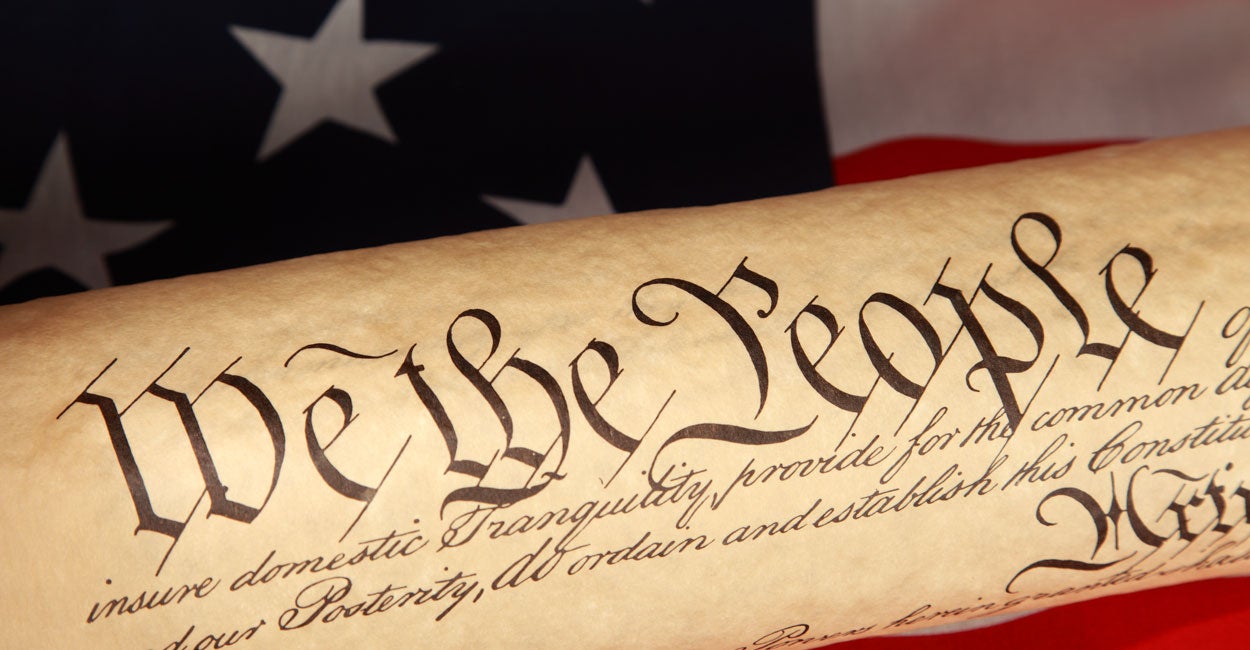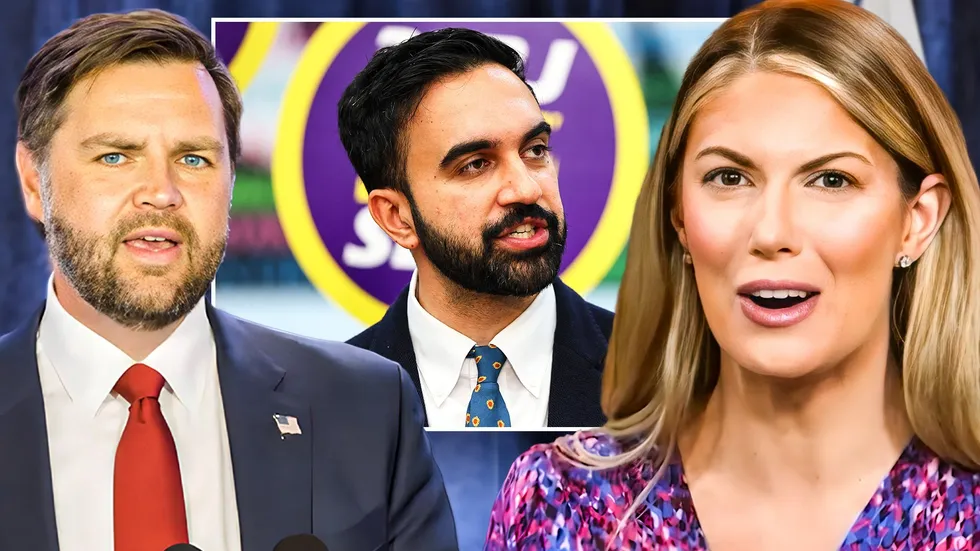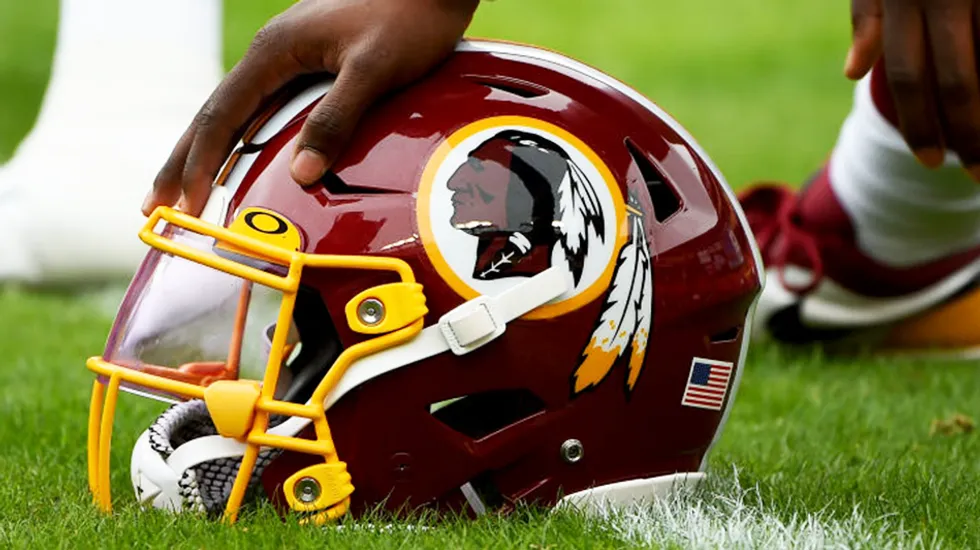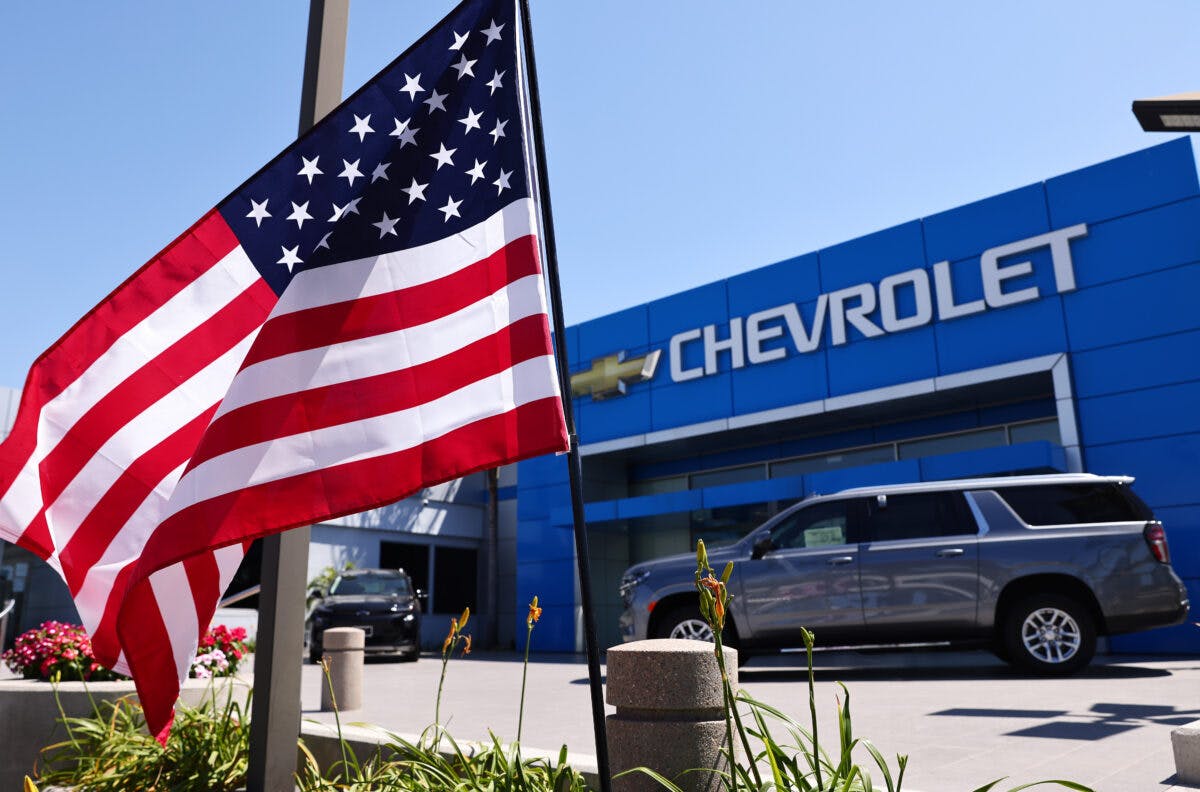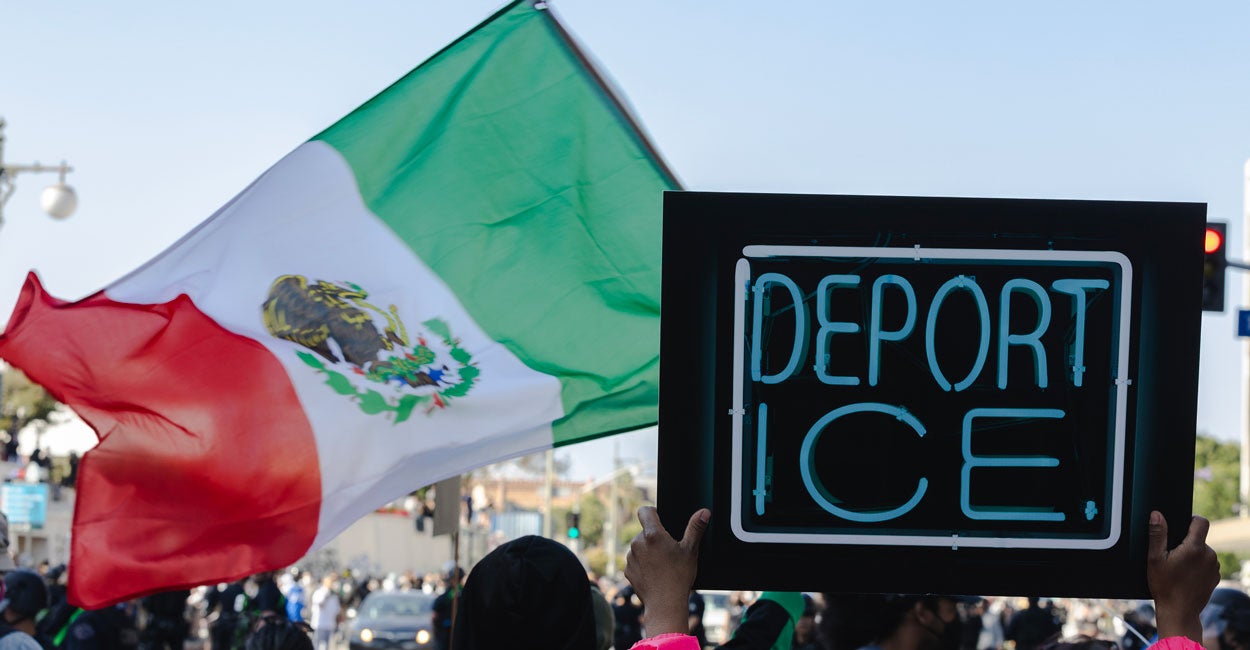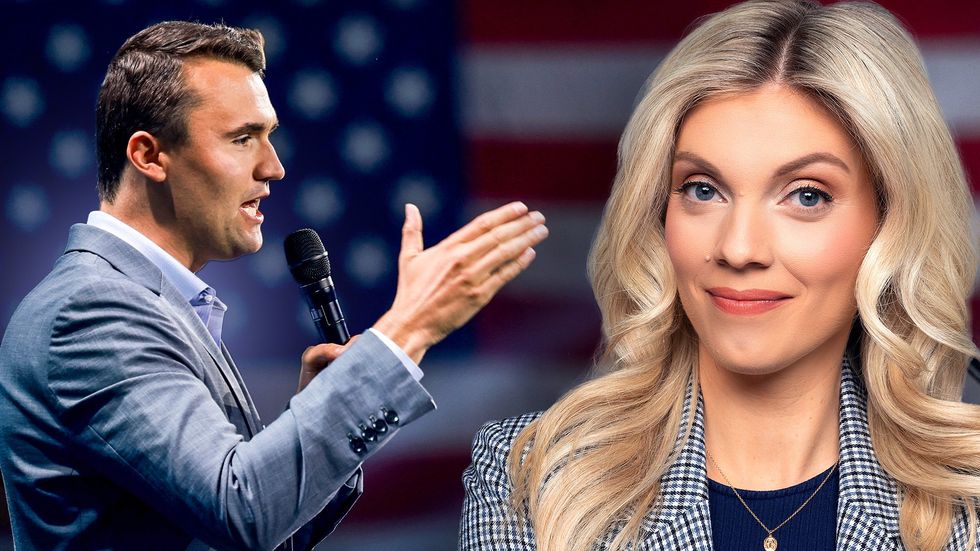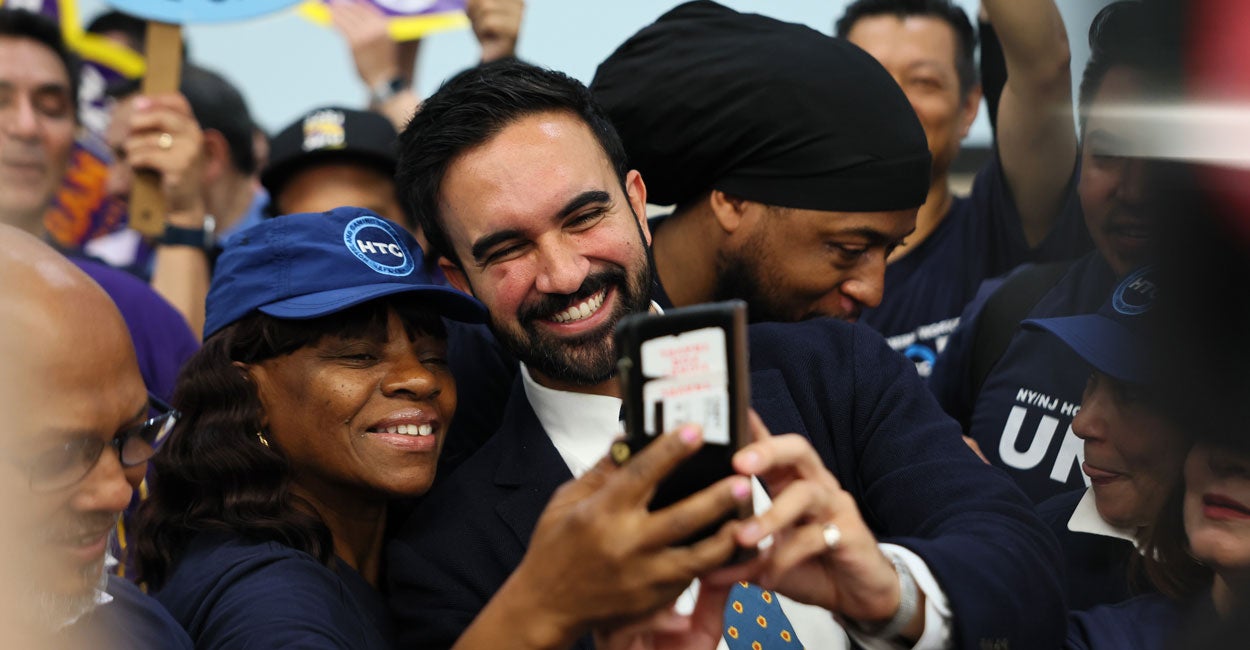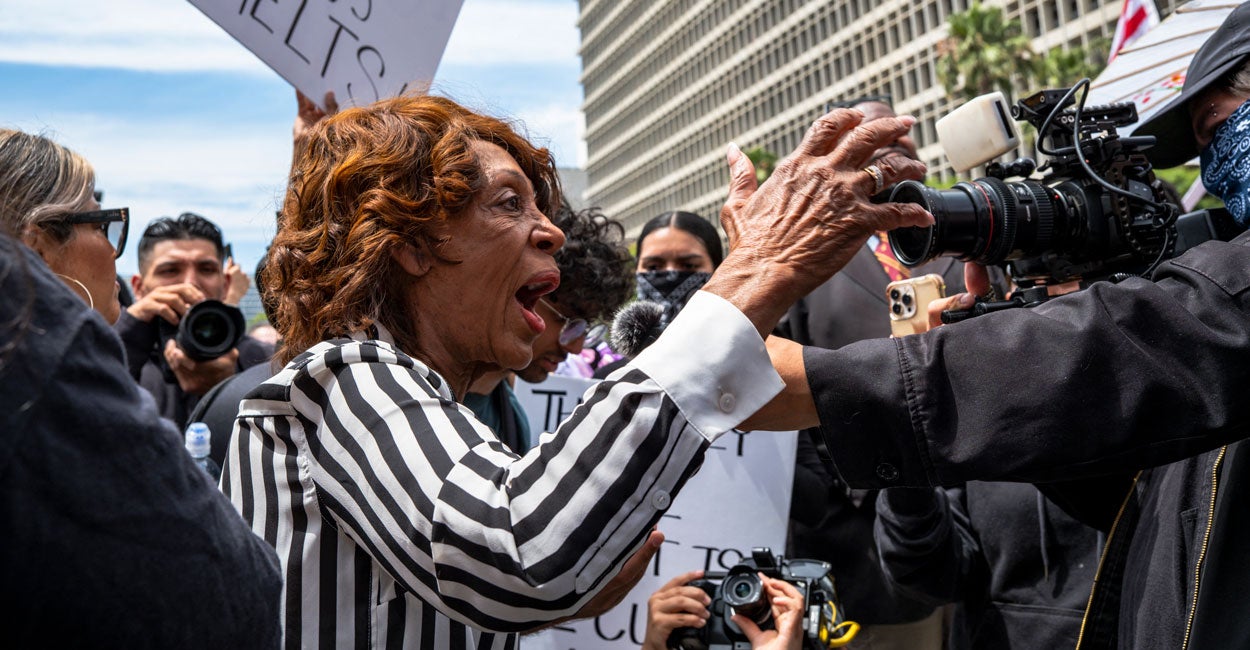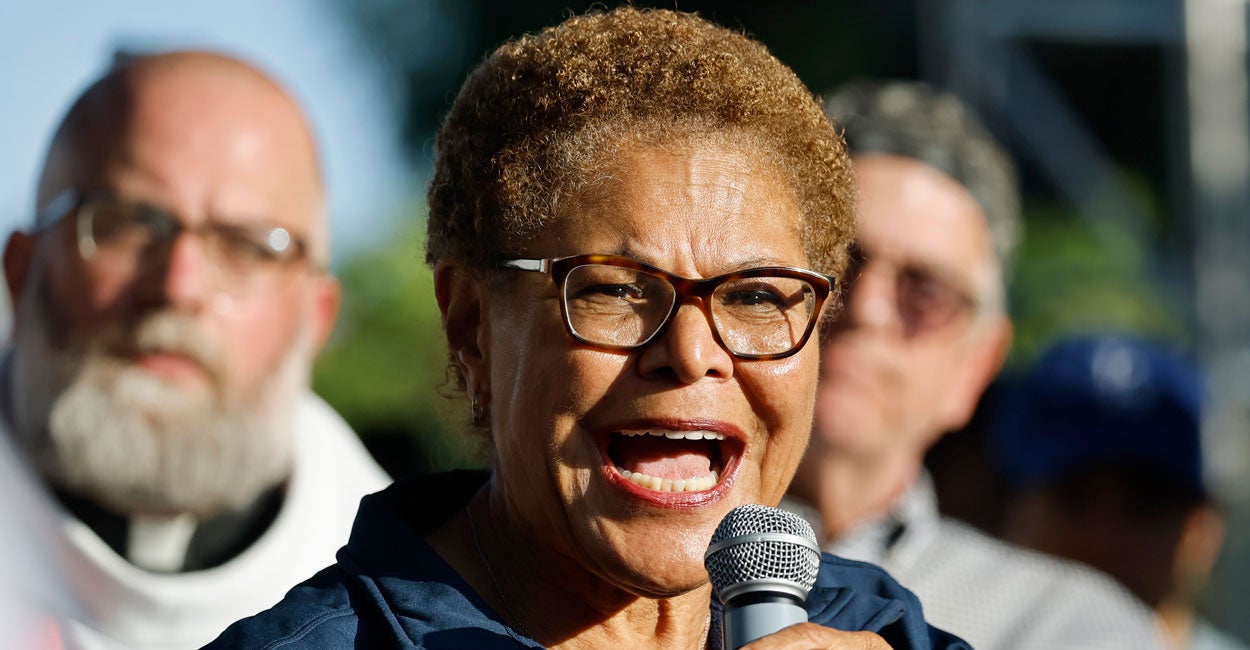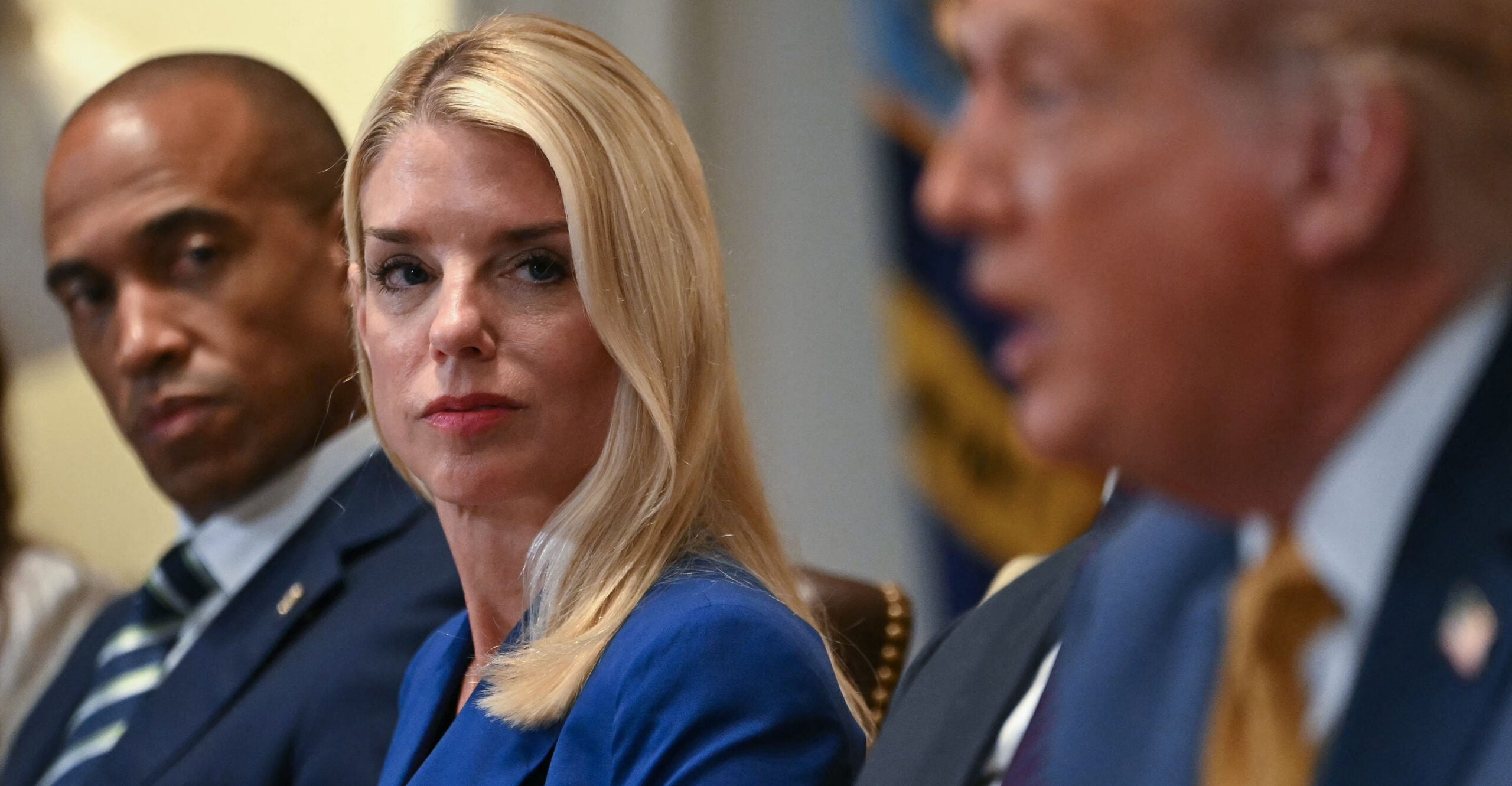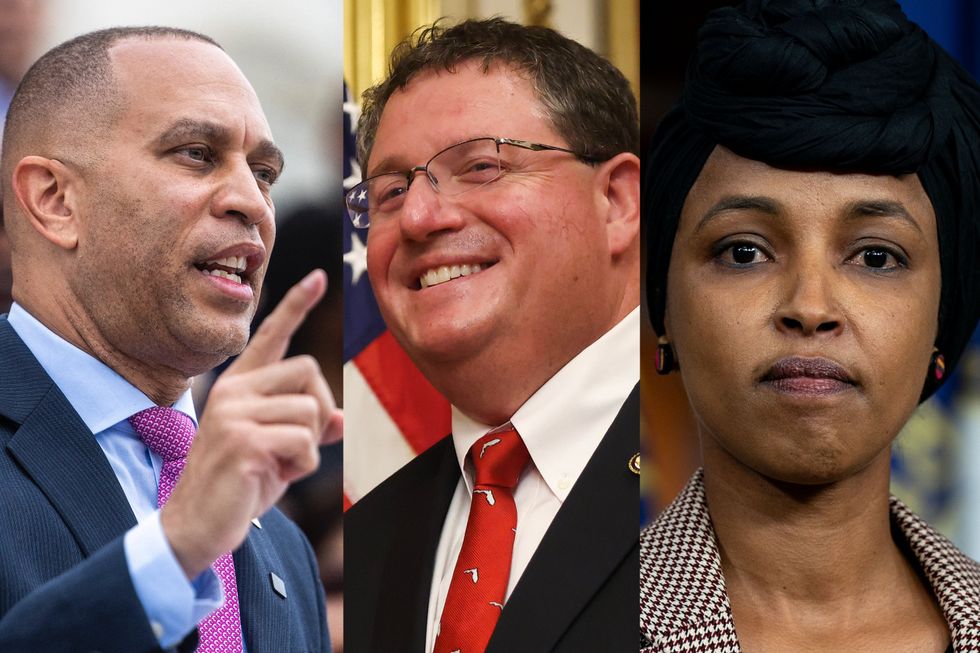The end of the corporate 'resistance'
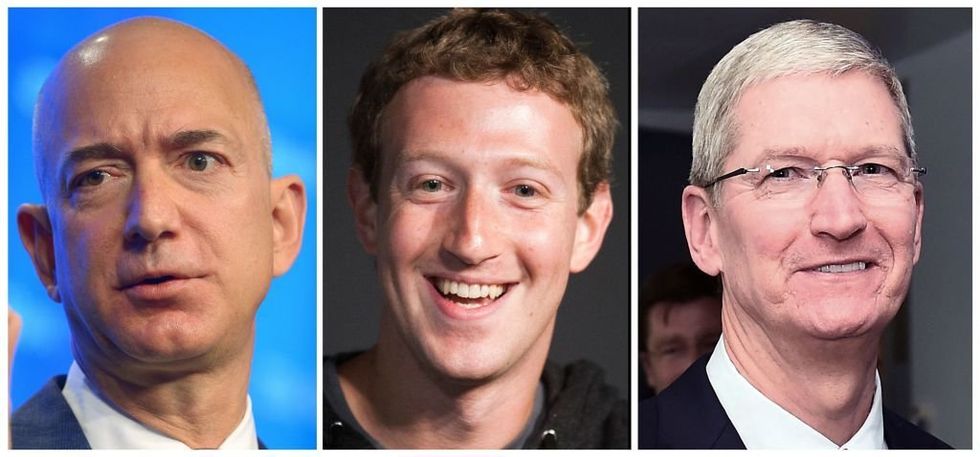

Happy New Year, happy Epiphany, and welcome back to the Beltway Brief. Today marks the visit of the wise men — the first gentiles to worship the Lord in a stable and the first to come based on faith alone. Remember: While there’s no doubt Mary, Joseph, and the shepherds believed the little infant was the Christ child, they were all explicitly told so by the angels. The wise men, in contrast, followed the star of Bethlehem and simply seemed to know the time had come. Of course, Epiphany also caps the end of Christmas, so sadly, it’s past time to haul that pine-needle fire hazard to the curb and box up the lights and ornaments until next year.
And speaking of things that are over ...
Welcome to January 6, 2025. Everything is different. From Washington to Los Angeles, prominent figures are unafraid of their associations with America’s 45th and 47th president and corporate money is once again flowing to a populist disruptor deemed anathema just one year ago.
Four years ago, on January 6, 2021, a mixture of angry Republicans, serial agitators, street performers, and frustrated, forgotten Americans rioted at the U.S. Capitol. Within two days, Twitter banned the president of the United States from communicating with his 90 million followers on its platform. The move marked a major escalation in corporate America's war on Trump but was quickly surpassed by Amazon, Apple, and Google, which ganged up to destroy Parler (a popular competitor to Twitter) for no reason at all except to censor dissident thought.
Today, everything is different.
It was the culmination of four years of a hard-left push not just in Hollywood, college campuses, newsrooms, and television studios but in corporate boardrooms and advertising departments.
It had started right after Donald Trump’s surprise win on November 8, 2016. Nonpartisan socializing in D.C. ended nearly immediately. Casual happy hours between liberal and conservative newsrooms stopped and never restarted. Socializing was collaborating, in the language of the Democrats cosplaying as anti-Nazi resistance fighters.
The inauguration party scene the following January was noticeably subdued. It’s usually a time for corporations and business interests to compete for the attention of incoming appointees, politicians, and staff, but not that year. One of the few was co-hosted by the Daily Caller and Facebook atop the swanky Hay-Adams hotel and featuring one of the city’s best views of the White House and Washington Monument. By any business stretch, the evening was a well-attended success. The internal blowback from liberal employees at Facebook, however, was swift and brutal. It would be the last “celebration” of the Orange Hitler.
The feeling spread. It was obvious on cable news, but far stranger was the spread at news media advertising conferences. Traditionally, everyone who sells ads for a living is a capitalist, no matter their barroom politics. After Trump’s win, however, commerce with the enemy was collaboration with the occupation — and strictly verboten. Whole sessions were devoted to “resistance” in the business world. It only got worse during the 2020 moral crusades, when companies like Bank of America pledged $1 billion to Black Lives Matter, a radical movement completely enmeshed in deadly rioting and looting that just four years earlier had been connected to the murder of five Dallas police officers.
Today, everything is different. The man once censored on social media and agitated against in virtually every top boardroom in the country is set to see his return to the White House certified by the U.S. Senate after winning the popular vote as a Republican for the first time in 20 years. The president’s inaugural committee has more than $150 million in pledges (and more than $140 million in the bank) — far more than the planned budget for the day. Million-dollar donors include Meta, Amazon, Amazon’s Jeff Bezos, Apple’s Tim Cook, Toyota, Ford, General Motors, hedge fund manager Ken Griffin, OpenAI CEO Sam Altman, Bank of America, AT&T, and Goldman Sachs.
Four years ago, many of those companies had pledged to never give another dime to Trump or his allies. Apple and Amazon in particular were instrumental in destroying Parler for simply providing a social media platform that hadn’t banned the president. Now, they’re all ponying up millions for his return. “People just really want to move forward and move on,” a representative for one of the corporations that had pledged otherwise after the Capitol riot told the Wall Street Journal. “The election results were very clear."
More than unsure, corporations are lost in the new environment. Once reliable liaisons between companies and Republicans burned their credit over the past few years resisting the populist tide. “Corporate America and Big NGO [(non-governmental organizations)] are terrified and have no idea what to do,” one consultant between Republicans and corporate clients told Blaze News. “I’ve had people reach out to me. None of their reliable contacts have a grip on any of the policy shifts, and their traditional allies in a few sectors have no utility. ... They have no sense of any of the new groups or appointees, and they’re panicked.”
Similarly, governors and mayors who made their reputations as anti-Trump politicians are meeting with the president-elect and signaling that cooperation is in the future. Meanwhile across the ocean, European leaders are realizing that far from an irritated aberration, Trump’s brand of populism is a force with longevity — and one that must be reckoned with responsibly.
Of course, the global left’s disoriented posture and peaceable withdrawal aren’t here to stay. The relative calm in the streets, in the newsrooms, and in Hollywood will likely end when the first deportations begin. It’s a long march, no doubt. But for now, “the resistance” is out of steam. More: The previously unending supply of corporate patience, backing, and money are drying up. Strange as the alliance ever was, it was also very dangerous. This turn is indeed a very good thing.
Popular Information: Zuckerberg, once a champion for the undocumented, embraces Trump
Sign up for Bedford’s newsletter
Sign up to get Blaze Media senior politics editor Christopher Bedford's newsletter.
The fire rises: The Wall Street Journal: What Happens When a Whole Generation Never Grows Up?
They used to say young adults are lagging behind previous generations of American adults. Now it seems many of them will completely fail to launch, stuck living with roommates instead of spouses; scratching by, even when making more money than their parents did at the same age. The problem is deep-rooted and cultural, but the Wall Street Journal’s Rachel Wolfe looks at some of the social and economic causes (and symptoms) of this mass arrested development:
Americans in their 30s have never looked less like grown-ups.
Amid steep declines in homeownership, marriage and birth rates, economists have long been warning that young people are struggling to meet the milestones of adulthood. Although some 30-somethings are consciously choosing a less traditional path, many say these goals are simply out of reach.
“It feels like the instructions for how to live a good life don’t apply anymore,” says 38-year-old Cody Harding, who is single and lives with three roommates in Brooklyn. “And nobody has updated them.”
Now, as a mix of social and economic factors holds back an entire generation, what researchers once called a lag is starting to look more like a permanent state of arrested development ...
Originally Published at Daily Wire, Daily Signal, or The Blaze
What's Your Reaction?
 Like
0
Like
0
 Dislike
0
Dislike
0
 Love
0
Love
0
 Funny
0
Funny
0
 Angry
0
Angry
0
 Sad
0
Sad
0
 Wow
0
Wow
0
